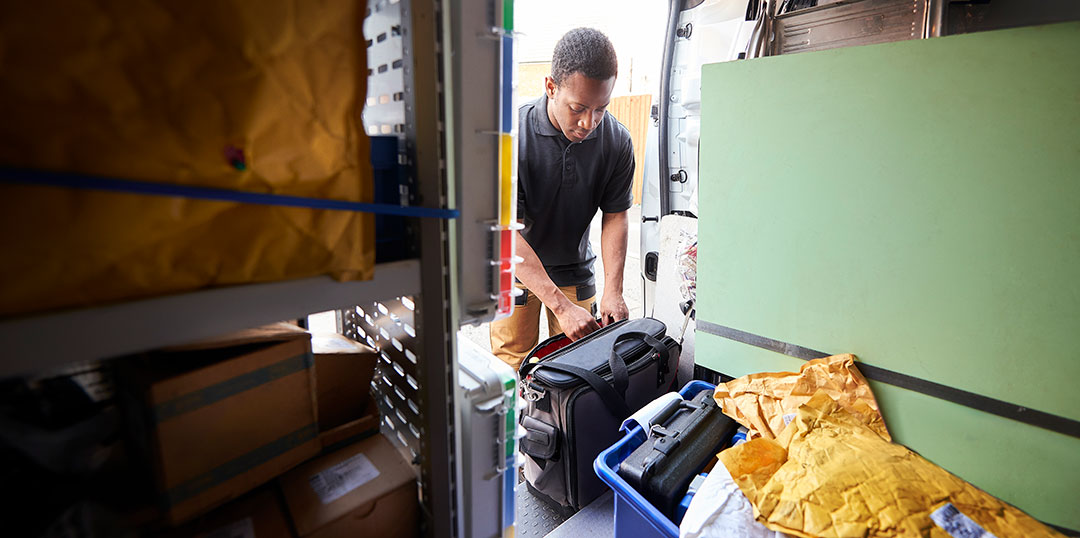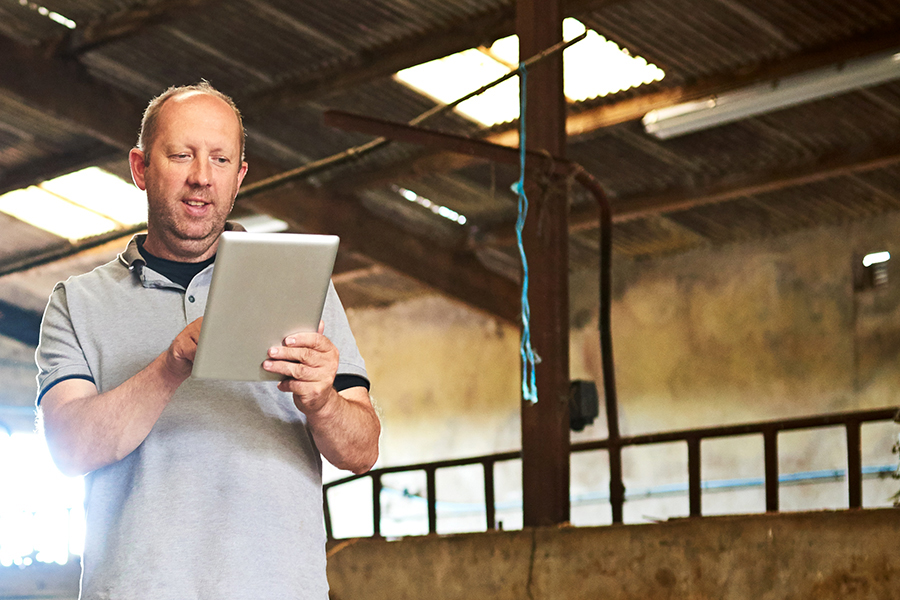A guide to grants and incentives for Installers
MCS is an eligibility requirement for the various incentive programmes available, but we do not administer any of these schemes.
BOILER UPGRADE SCHEME (BUS)

A new, flat, upfront grant, the Boiler Upgrade Scheme (BUS) comprises £450million of total support over a three-year period.
We have published an in-depth guide on what installers need to know ahead of the launch – here.
Announced in the government’s Heat and Buildings Strategy, the BUS follows the Domestic Renewable Heating Incentive (DRHI), which closed on 31 March 2022.
The BUS allows consumers to apply for a one-off grant payment of:
- £5,000 towards the cost of an air-source heat pump (ASHP) or biomass installation
- or £6,000 towards the cost of a ground-source heat pump (GSHP) installation.
Please be aware that biomass installations are only supported in limited circumstances, and solar thermal is excluded from the scheme.
Installers will be required to lead the voucher application on behalf of the consumer. Installers are also expected to discount the value of the grant from the total cost paid by the consumer and include this in their quote.
Homes and small non-domestic buildings on and off the gas grid, including owner-occupiers, private landlords and custom-builds, are eligible for the BUS. New buildings and social housing will not be eligible for support. The consumer must have an EPC issued within the last 10 years to qualify.
More details on the BUS can be found here. BEIS has also published a leaflet to explain the scheme in detail.
SMART EXPORT GUARANTEE (SEG)

The Smart Export Guarantee (SEG) will ensure that households and businesses with small-scale renewable technologies, are paid for exporting their excess electricity to the grid.
MCS certification (or equivalent) will be a requirement to qualify for the SEG, helping to safeguard high standards in the industry.
SEG builds on the government’s previous subsidy scheme, the Feed-in Tariff (FiT), which supported the installation of 850,000 renewable projects. The FiT closed to new entrants in April 2019.
Under SEG, energy suppliers will be required to offer a payment for the electricity households with solar PV panels, and other small-scale renewable electricity generators, export to the grid.
The legislation puts a legal obligation on energy suppliers with over 150,000 customers to introduce export tariffs by 1st January 2020.
All customers will be able to sign up for new export tariffs once they go live on the 1st January 2020 (or from now with Octopus).
If they are already in receipt of FiT, they will have to decide which to keep, either the FiT payment or the export tariff. However, new installations between the 1st April 2019 and 31st December 2019 must be MCS certified to qualify for SEG. This is because MCS certification cannot be applied retrospectively to an installation.
Export tariffs are not like government incentives. The terms for an export tariff are set by the energy supplier, who will only pay for the electricity they receive from the date on which the tariff is applied to a consumer’s energy supply/account.
Useful sites for SEG:
Ofgem
Solar Energy UK – SEG League Table
Installers can download an information leaflet about SEG to distribute to homeowners.
SOLAR SKILLS LONDON

If you operate within Greater London, you could benefit from subsidised certification fees for solar installations.
Funding of £1,000 is available to cover the cost of your certification. Application forms are available from Certification Bodies.
Funding is only available for companies in London as part of the Mayor of London’s Solar Action Plan.
Find out more here.
This project is being operated in conjunction with the GLA and Solar Energy UK.
SCOTTISH GOVERNMENT’S MCS CERTIFICATION FUND

To support the UK’s transition to net zero, the Scottish Government is providing funding to support installers of heating systems to transition from fossil fuel boilers installations to low carbon heating systems such as heat pumps.
The Scottish Government’s MCS certification fund provides heating engineers with an interest in installing heat pumps (either air, ground or water source) with a grant to become MCS certified on heat pumps.
The grant will pay 75%, up to a maximum of £1,000, of the certification fees and will run until funds run out or until the end of March 2024, whatever comes first.
Please note, this funding is not retrospective if you are already MCS certified for a heat pump technology.
You can read more about the fund on the Energy Saving Trust’s website.
HOME ENERGY SCOTLAND GRANT AND LOAN

If your customer lives in Scotland, they could benefit from a Government grant and/or an interest-free loan for investing in a range of low carbon technologies.
Consumers can access the following funding:
- Up to £16,500 to install a heat pump (a £7,500 grant plus an optional £7,500 interest-free loan; or a £9,000 grant plus an optional £7,500 interest-free loan if they qualify for a rural uplift)
- Up to 75% of combined costs of home energy efficiency improvements (a grant of up to £7,500 or £9,000 if they qualify for a rural uplift)
- Up to £6,000 for energy storage systems as an interest-free loan
The loan is only available for properties in Scotland.
Find out more information about the grants and loans here on the Home Energy Scotland website.
LOW CARBON WORKSPACES

Low Carbon Workspaces offers small and medium-sized businesses in Buckinghamshire, Berkshire and Hertfordshire grants of between £1,000 and £5,000 to cover up to a third of the cost of making energy improvements in their commercial premises.
The scheme supports upgrades such as LED lighting and energy-efficient heating systems, as well as renewable energies such as solar PV and biomass boilers – applicants will still qualify for SEG.
Installations must replace existing inefficient equipment and an energy saving must be seen – the grant team will be able to identify this.
To apply, all that’s needed is 12 months energy bills, a quote for the new equipment and a completed application form, downloadable here.
Applications go to a Grant Panel who provide a decision within 5 working days after which the upgrades can be installed and paid for in full. The grant amount will be reimbursed within 30 days of submitting a claim.
There are limited grants available so contact a member of the team today to discuss an energy upgrade project on 01494 927131.
The programme is funded by the European Regional Development Fund (ERDF) and managed by Ngage Solutions, a not-for-profit company that specialises in the design and delivery of grant schemes and business support programmes.
Useful Links: Low Carbon Workspaces
DOMESTIC RENEWABLE HEAT INCENTIVE (DRHI)

The Department for Business, Energy and Industrial Strategy (BEIS) closed the Domestic Renewable Heat Incentive (DRHI) to new applications at 23:59pm on 31 March 2022. This included applications to register Metering and Monitoring Service Packages (MMSP).
The closure of the DRHI does not affect any installations that currently claim under the scheme.
Information on the closure of the DRHI can be found on the Ofgem website.
FEED-IN TARIFF (FiT)

The FiT was introduced on 1st April 2010 and closed on 31st March 2019.
The scheme requires participating licensed electricity suppliers (FiT Licensees) to make payments on both generation and export from eligible installations. Both the product and installers must be MCS certified.
Useful links:
Ofgem
